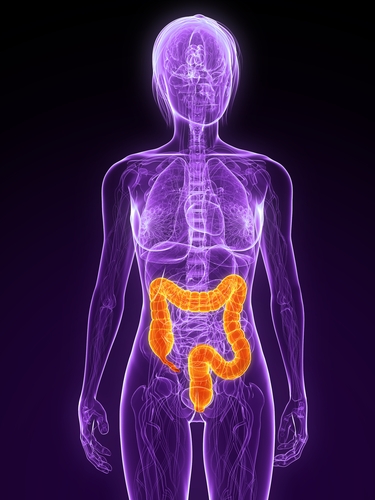Colorectal / Bowel Cancer Facts
- Men and women are affected equally by bowel cancer.
- An estimated 16,000 people die from colorectal cancer every year in England alone.
- Colorectal cancer is the third most common type of cancer in England.
- Around 83% of cases of bowel cancer occur in people over 60.
- Two-thirds of colorectal cancers develop in the colon, with the remaining third developing in the rectum.
As University College Hospital colorectal cancer expert, Mr Austin Obichere explains, "Improved survival [in bowel cancer] is dependent on the diagnosis and surgical treatment of early stage disease (no cancerous spread to the lymph glands or distant organs)". Most bowel cancers initially arise from pre-cancerous polyps which can be detected during a colonoscopy. Screening is therefore the opportunity to prevent bowel cancer developing and to treat the condition before it progresses to an advanced stage. However, some bowel cancers are inherited and a detailed family history is also required to identify those most at risk.
Early detection is the key, and so here  is a summary of the symptoms:
is a summary of the symptoms:
- blood in stools or bleeding from the rectum
- a change to normal bowel habits that persists for more than six weeks
- abdominal pain
- unexplained weight loss
The normal course of events for managing colorectal cancer is:
- Diagnosis of suspected colorectal cancer
- Staging of the disease
- Management of both local and metastatic disease
- Follow-up and regular surveillance for those free from disease after treatment
But what is the best level of care that you should expect to receive? The answer according to the latest National Institute of Health and Clinical Excellence (NICE) guidance consists of the following recommendations:
- People with suspected colorectal cancer without any other significant diseases are to be offered a colonoscopy.
- Anyone diagnosed with colorectal cancer is to be offered a CT scan of the chest, abdomen and pelvis to estimate the spread of the disease and an MRI to assess the risk of the cancer returning.
- People with rectal cancer are to be offered treatment before surgery that takes into account the likelihood of the cancer returning.
- Patients with stage 2 colorectal cancer should be offered further surgery or active monitoring if the healthy tissue around the tumour is thought to contain cancer cells.
- People with colorectal cancer that may have spread to the liver will have their CT scans reviewed by the hepatobiliary multidisciplinary team to decide if further scans are needed to guide the choice of treatment.
- People with colorectal cancer that has spread to other parts of the body and continued to spread after initial chemotherapy are to be offered additional chemotherapy and/or treatment with a type of drug called a biological therapy.
- People with colorectal cancer who are disease free after treatment should be offered regular check-ups and investigations to check for any signs of the disease returning.






